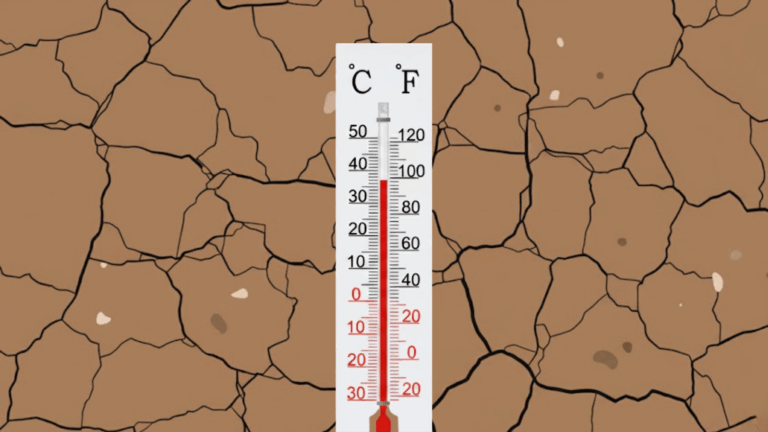A New Unifying Issue: Just About Everyone Hates Data Centers
Recent election results and evidence from states show misgivings about the growth of AI and the ramifications for energy costs and the environment.
Current Access Level “I” – ID Only: CUID holders, alumni, and approved guests only
Past Event
September 24, 2020
12:00 pm - 1:30 pm
Food systems contribute 21-37% of global greenhouse gas emissions, according to the best estimate. But food systems have received far less attention than power and transport systems in the global response to climate change. Very few countries take a comprehensive view of the food system in their climate action plans (known as “Nationally-Determined Contributions” or “NDCs”) submitted to the UN Framework Convention on Climate Change (UNFCCC). Columbia University, New York University, and the Agricultural Model Intercomparison and Improvement Project (AgMIP), in collaboration with FAO’s statistical experts, have launched a program to improve data on food system emissions, develop better policy responses and educate the public on the food-climate connection. Please join us for a discussion of these issues, with a particular focus on the opportunities to include food system measures in the updated NDCs that national governments submit to the UNFCCC in the next year. Panelists: –Matthew Hayek, Assistant Professor, Department of Environmental Studies, New York University –Cynthia Rosenzweig, Senior Research Scientist, NASA Goddard Institute for Space Studies and the Earth Institute’s Center for Climate Systems Research, Columbia University; Co-Founder, AgMIP –David Sandalow, Inaugural Fellow, Center on Global Energy Policy at Columbia SIPA –Francesco N. Tubiello, Team Leader, Environmental Statistics, Food and Agriculture Organization — This webinar will be hosted via Zoom. Advance registration is required. Upon registration, you will receive a confirmation email with access details. The event will be recorded and the video recording will be added to our website following the event. This event is open to press, and registration is required to attend. For media inquiries or requests for interviews, please contact Artealia Gilliard ([email protected]) or Genna Morton ([email protected]). For more information about the event, please contact Caitlin Norfleet or Nicolina DueMogensen ([email protected]).
This event is open to Columbia University students only. Join the Center on Global Energy Policy’s Women in Energy initiative for an interactive discussion on human rights and...

*Registration is closed for this event. The Center on Global Energy Policy at Columbia University SIPA's Women in Energy initiative, in collaboration with the Columbia Policy Institute, invites...

While various efforts continue to be made to estimate fashion’s environmental footprint, major gaps remain in how to decarbonize material production and reshape business practices.

This event is at capacity, registration is closed. In the wake of federal rollbacks, climate professionals are increasingly turning to state and local governments, philanthropy, and the private...

As diplomats meet in Brazil for COP30, global resolve to tackle the climate challenge appears badly frayed.

The fashion industry sits at the intersection of climate, energy, and consumption, facing growing pressure to cut emissions, transition to clean energy, and build circular systems across global supply chains.

As the host of COP30, Brazil has an unprecedented platform to demonstrate its climate leadership.
